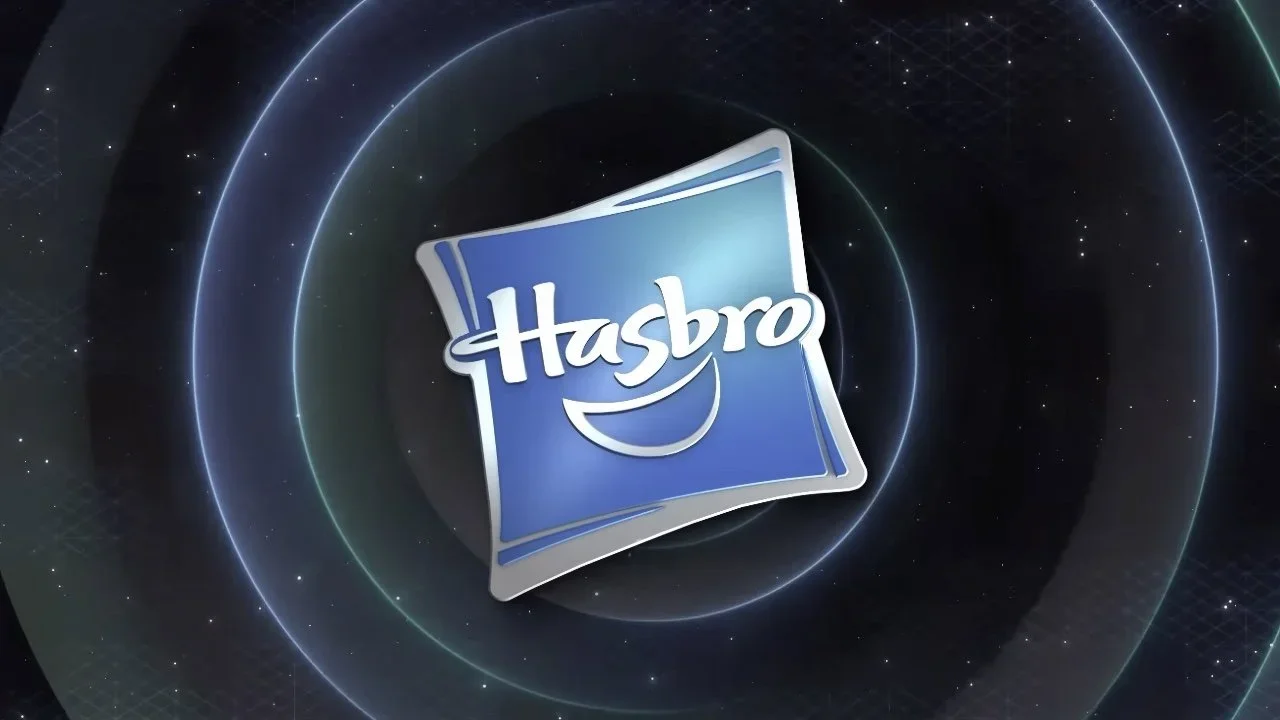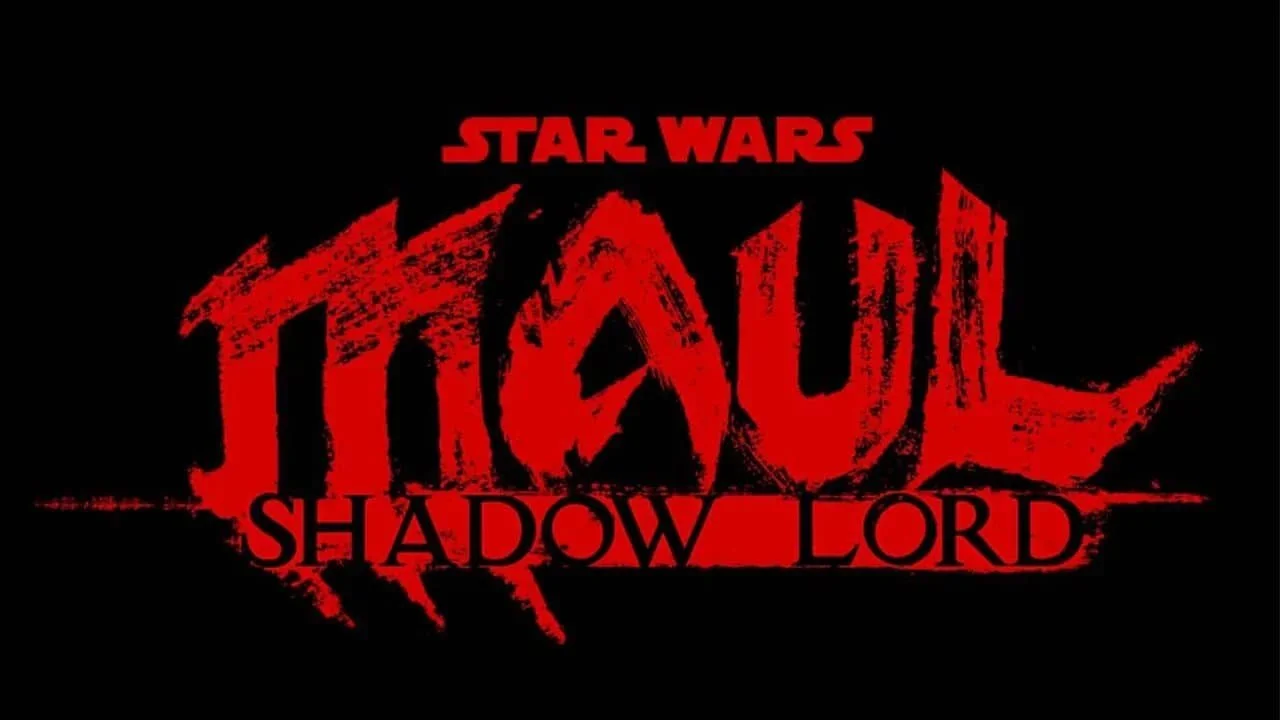The Benefits Of A Voiceless Protagonist
Image Source: GamingBolt
While many video game characters have proven their worth as leading men and women, some gamers prefer their player characters to remain silent. The most iconic silent protagonist in the gaming world is Link from The Legend of Zelda. Game designer Shigeru Miyamoto claimed that Link’s silence allows players to fully immerse themselves in the character. In recent games like Breath of the Wild and Tears of the Kingdom, players can give Link personality through their actions in the open world of Hyrule. Even past games let Link be a hero or a fisherman. He could focus on saving the world or breaking pottery to his heart’s content. As long as Link remains silent, his experience and the player’s experience are the same.
On the other hand, silence can separate the protagonist from the wider game world, especially if other characters have distinct voices and personalities. A silent character can come across as bland or prevent gamers from becoming engaged with the story. The strength of a silent protagonist depends largely on the type of game presented. In a narrative-driven game like Final Fantasy or Uncharted, a silent protagonist would break the illusion by remaining voiceless during cutscenes. Breath of the Wild had to give its Link a motive for remaining silent while the other characters were given fully voiced cutscenes.
RELATED:
On the flip side of things, voiced protagonists have their downsides too. While the distinct personalities and performances of characters like Nathan Drake and Sora may endear some gamers, others might be disconnected if they feel they have nothing in common with the main character. Games that rely heavily on narrative can often feel like a movie interrupted by gameplay sections rather than the other way around.
Image Source: Select/Start Games
There’s also the danger of dissonance between gameplay and story. At the end of Uncharted 2: Among Thieves, Nathan confronts the villain about the destruction he caused and his plans to cause more. The villain points out that countless members of his crew are dead because of the mandatory shooting segments in the game. In another example, skilled players may find the best use of their abilities to get the upper hand in a boss fight, only for weakness to set in during a cutscene. If a player dislikes the main character’s personality, the game can become more of a chore. With a silent protagonist, the character’s personality is entirely in the hands of the gamer. They can play the game in their own style without breaking the immersive experience of the video game.
In the long run, whether a main character benefits from a silent persona or a dynamic vocal performance depends entirely on the nature of the game. Games that offer more freedom often stand to benefit the most from a silent protagonist, while those that are built around their overarching narrative benefit from voiced performances.
With all their benefits, silent protagonists arose from technical limitations. Even Link grunts and shouts as he battles his enemies, and Mario’s voice is limited to a select few phrases. As technology advanced, video games took on more and more qualities of movies with cinematic cutscenes, impressive set pieces, and star-studded casts bringing the characters to life with their voices. Many modern games could be described accurately as interactive films.
While both styles of games offer hours of fun and replayability, the silent protagonist has the upper hand. The lack of a distinct voice or personality brings a sense of timelessness to the game world and lends itself to multitasking. I enjoy listening to podcasts while I’m exploring Hyrule in Breath of the Wild. If I tried the same thing in a game like Kingdom Hearts, I would have to pause my phone every few minutes to focus on the story-important cutscenes. In short, a well-voiced cast makes a memorable adventure story, but a silent protagonist lets gamers get lost in the world and simply explore.
READ NEXT:
Source(s): Game Zone, Comic Book Resources, Game Industry














